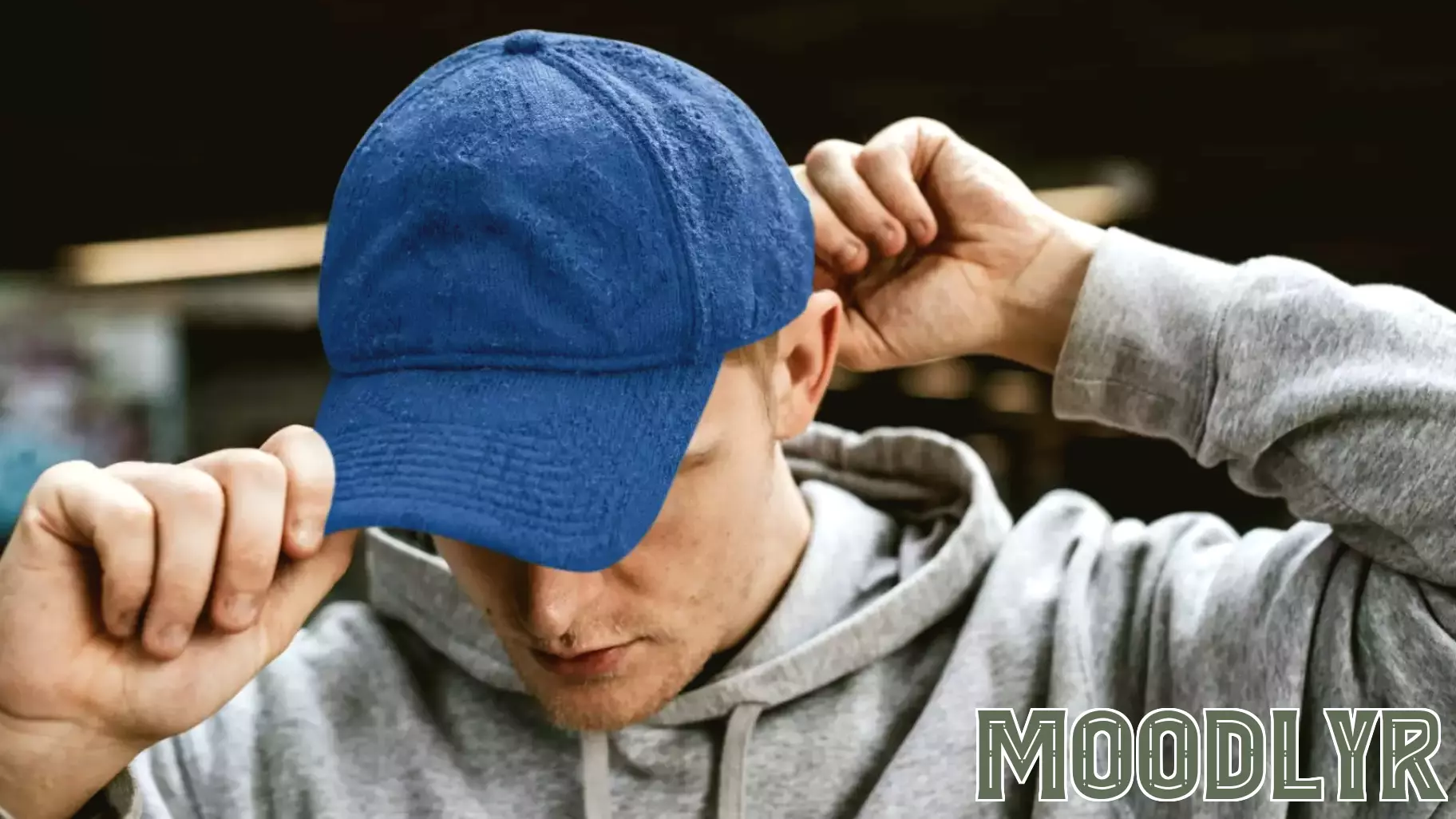The Significance of Daily Cap Wearing
January 14, 2025 - 05:34

There is nothing better than wearing a cap on a sunny day. Caps have evolved beyond being mere accessories to shield us from the sun; they now serve as powerful symbols of personal identity and expression. A psychologist recently shared insights into the psychological implications of wearing a cap every day, revealing how this simple item can impact one's self-image and social interactions.
Wearing a cap can provide a sense of comfort and security, acting as a protective barrier against the outside world. For many, it is a way to express individuality, showcasing personal style or affiliation with specific groups, teams, or causes. Additionally, caps can also be linked to feelings of nostalgia or connection to childhood memories, further enhancing their emotional significance.
The act of donning a cap daily can influence mood and confidence, as it allows wearers to project a curated image of themselves to others. As such, the choice to wear a cap goes far beyond practicality; it speaks to deeper psychological needs and social dynamics in our lives.
MORE NEWS

March 5, 2026 - 04:32
How to Help Communities Rebound from Crisis and DisasterIn an era where global crises feel increasingly frequent, the path forward for affected communities can seem insurmountable. However, the specialized field of disaster psychology provides a crucial...

March 4, 2026 - 11:03
If you've worked the same job for more than 15 years, psychology says you likely have these 8 traits that job-hoppers never developWhile modern career advice often glorifies frequent job changes, a significant segment of the workforce finds profound value in deep-rooted tenure. Psychology suggests that individuals who remain...

March 3, 2026 - 20:00
Left-handed people may have a psychological edge in competitionA new study suggests that left-handed individuals may possess a distinct competitive edge over their right-handed counterparts. Published in the journal Scientific Reports , the research indicates...

March 3, 2026 - 05:01
Psychology says people who were the "easy child" in their family didn't actually have fewer needs — they just learned faster than their siblings that expressing those needs came at a costNew psychological insights challenge the long-held belief that the `easy` child in a family simply had fewer demands. Research now suggests these children did not experience less need for attention...